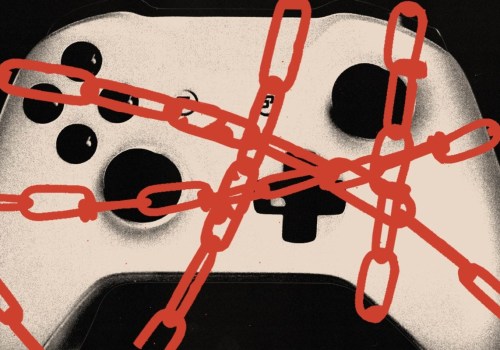Video games have come a long way since the simple arcade titles of the 1970s. Today, they offer a wide range of benefits, from teaching valuable skills to relieving stress and improving brain development. Studies have shown that playing video games can accelerate response times, stimulate creativity, concentration and visual memory, and even help children develop skills and establish social connections. For children who have difficulty reading, playing action games can provide a small boost in their reading skills.
This is because many games like Minecraft are set in 3D virtual worlds that require players to navigate without the help of GPS or a map app. As a result, children who play these games have the opportunity to practice their visual-spatial skills, leading to a better understanding of distance and space. In addition, there is some evidence that video games can encourage creative thinking. In one study, 12-year-old players were asked to draw, tell stories, ask questions, and make predictions.
All children showed high levels of creativity and curiosity. Video games can also provide an outlet for adults to vent their frustration when life gets difficult. So-called “mind games” involving problem-solving, memory and puzzle components have been shown to have a positive benefit for older players. Overall, video games offer many benefits that go far beyond entertainment and improved hand-eye coordination.
They can help players develop skills, establish social connections, improve brain development, and even relieve stress.



